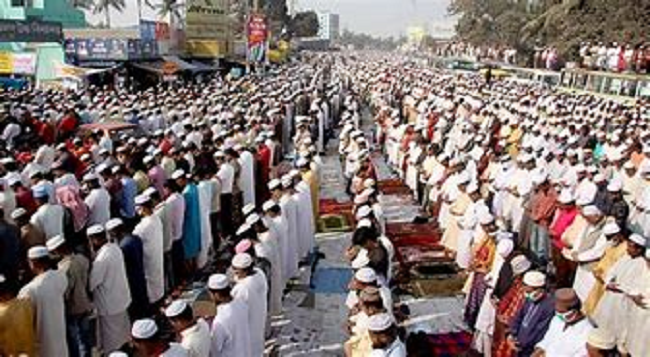No one should suffer or starve during the holy month of Ramadan, which starts on April 13.
That was the message from Alhaji Gambo Jika, the chairman of the Adamawa Muslim Council.
He was addressing a one-day workshop organised by the council. Jika told market vendors not to hoard or increase the price of food.
“That will add to the suffering of the poor and go against the will of the Almighty Allah.”
He said many people in Adamawa were victims of the insurgency and had been left poor and homeless. “People who have plenty must help the needy and those living a life of poverty.”
He reminded the vendors of the words of the Prophet Muhammed, who reportedly said: “When the month of Ramadan starts, the gates of heaven are opened and the gates of hell are closed and the devils are chained.”
He said Ramadan was meant to be a time of spiritual discipline — of deep contemplation of one’s relationship with God, extra prayer, increased charity and generosity, and intense study of the Quran.
“We know that some marketers are deliberately increasing the prices of fruits, foods and other essential items to achieve a bigger profit. And that is forbidden in Islam. Whoever does that should be ready to defend himself before Allah,” Jika said.
Allah would not be merciful to those who were merciless to other people, he said.
“Considering the situation of the state and the country at large, it is the duty of each of us to try to ensure that everyone has something to eat from now to the end of the holy month. No one needs to suffer or starve,” he said.
Jika said some market vendors had little or no compassion for their Muslim brothers and sisters.
“The prices of food items come down for Ramadan in other Muslim countries and states. Why can’t we be like them? Don’t we want to earn the enormous blessings of this holy month of Ramadan? We have to make things easier and more affordable for our brothers and sisters so that no one will spend day and night hungry,” he said.
Jika said the vendors should make food available at affordable prices so that they did not add to the hardship many people were experiencing.
Members of the Adamawa Muslim Council called on the rich to help the less privileged with food and other essential items that would help them to keep the fast.







